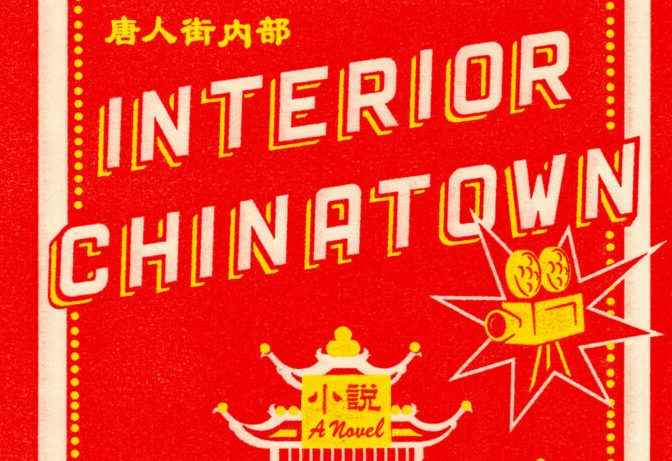Recommended for Startup Investors?
No
Why
Not relevant to startup investors in any direct sense. That said, I never get in enough fiction, and am especially ashamed by my poor literary diet conspicuously lacking in Asian-American authors. A quick and enjoyable read with an innovative method of using screenplay language to talk about the different roles we are given and how we as individuals wrestle against those assigned roles. Founders, funders, philanthropists...
Concepts
- Asian American male experience is one of being unable to define one's role, and also having a ceiling to the roles that we are allowed to play
- Asian American male and female differences in experience and its counterplay
- Big Brother—the character who found salvation through authenticity but also mainstream acceptance via assimilation.
- "Water hates poor people", with regard to flooding
Facts
- Solid rundown of all anti Asian-American legislation passed in the United States
- Bruce Lee was proof of the dream of assimilation, but Hard cases make bad law (clearly shows that Yu is a law school grad)
- In doing so, Yu’s writing adeptly straddles the border between storytelling and Asian-American Studies seminar. US immigration policy is outlined. Sections are prefaced by quotes from journalist Bonnie Tsui, sociologist Erving Goffman, and historian Philip Choy. Within the story, characters often directly present sociological ideas either in dialogue or internal reflection.
Procedures
- N/A
Bonus Resources
“You’re here, supposedly, in a new land full of opportunity,” Willis explains, “but somehow have gotten trapped in a pretend version of the old country.”
https://www.nytimes.com/2020/02/28/books/review/interior-chinatown-charles-yu.html
“When he steps up and starts slaying ‘Country Roads,’ try not to laugh … because by the time he gets to ‘West Virginia, mountain mama’ you’re going to be singing along, and by the time he’s done you might understand why a 77-year-old guy from a tiny island in the Taiwan strait who’s been in a foreign country two-thirds of his life can nail a song, note perfect, about wanting to go home.”

“Black and White always look good. A lot of it has to do with the lighting, designed to hit their faces just right. […] Someday you want the light to hit your face like that. To look like the hero. Or for a moment to actually be the hero.”
“you came here, your parents and their parents and their parents, and you always seem to have just arrived and yet never seem to have actually arrived.”
And maybe most central to the novel’s thesis is when Willis is put on trial and Older Brother breaks down the specific conundrum of Asian America, arguing that “[Willis is] asking to be treated like an American. A real American. Because, honestly, when you think American, what color do you see? White? Black? We’ve been here two hundred years. […] Why doesn’t this face register as American?”







